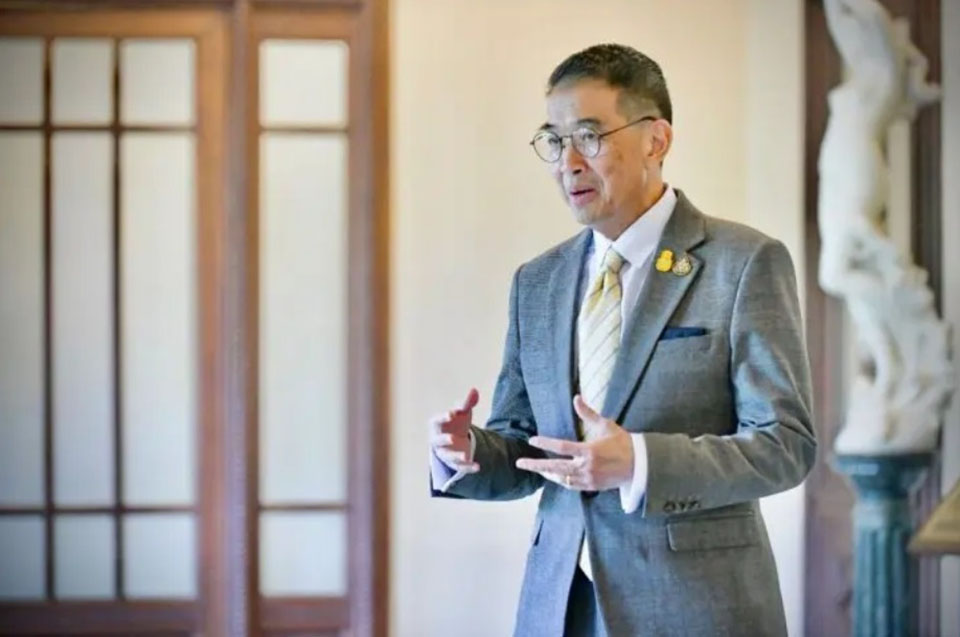
BANGKOK, Thailand – We continue to explore Thailand’s bid for membership at the OECD. The major goals include elevating national competitiveness, and people’s quality of life, and making Thailand an attractive destination for investment and for the business sectors of OECD member countries. The Thai government has explained the key reasons behind this pursuit.
The Ministry of Foreign Affairs has held a forum on the subject of the accession discussion process for Thailand joining the Organisation for Economic Co-operation and Development (OECD). Foreign Minister Maris Sangiampongsa explained that the Thai government decided to become an OECD member as it saw many opportunities that would result from this move. For example, Thailand wants to elevate the competitiveness of its businesses, foster greater transparency and efficiency in the state sector, promote flexibility and sustainability in the economy, and support inclusive growth. Thailand wants to participate in peace-building and strives for regional prosperity.
According to Maris, Thailand becoming a member would open up opportunities for the country to perform as a key representative for the Southeast Asia region.
Mathias Cormann, secretary-general of the OECD, gave a special lecture on Thailand becoming an OECD member and the organization’s strategies for the Southeast Asia region. He said Thailand is currently a destination for foreign investment, with the foreign investment value having tripled from the value in the year 2000. In 2020, foreign investment totaled 11 billion USD, compared to 3.4 billion USD in 2000. In the future, the OECD will work with Thailand to elevate education and economic affairs, while also collaborating on projects in Southeast Asia. According to him, OECD member countries have agreed to accession discussions for Thailand to join the organization and have approved Thailand’s plan of action. The accession procedure criteria and the relevant working plan will be delivered to Thailand, after which the country will need to submit an “initial memorandum” consisting of self-evaluation and acknowledgment of laws that are standard for OECD members.
The Organisation for Economic Co-operation and Development is an international body playing major roles in the provision of data, research, advice, and exchanges relating to good practices. The agency establishes policy suggestions aimed at promoting security, equality, well-being, and quality of life improvement. The organization currently has 38 members consisting of nations from Europe, North America, Latin America, and Asia-Pacific. (NNT)








